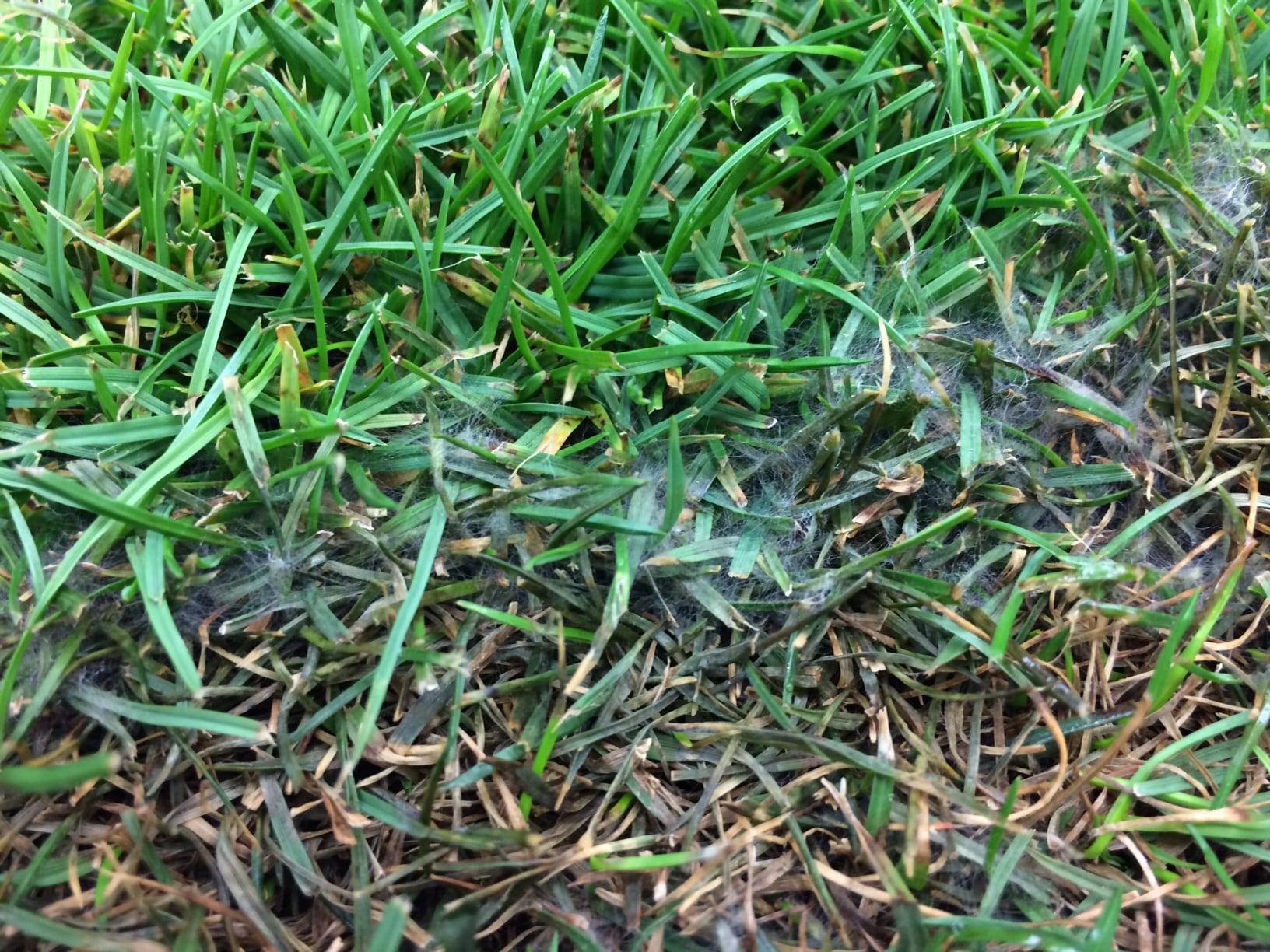



Article by: Hari Yellina (Orchard Tech)
Pythium disease is extremely dangerous as it can attack various crops while affecting their growth and development. Pythiums are probably the most common cause of seedling blight and seed rot in alfalfa, destroying seeds before germination or killing seedlings after emergence. It can affect alfalfa plants at all stages of development and is probably the most common root rot pathogen of alfalfa. Damping-off and root rots caused by Pythium and Phytophthora are most problematic in acidic, poorly drained soils with a high organic matter content, or when prolonged, wet weather follows planting. It is not uncommon for complete stand losses to occur within a few days in low areas of an infected field.
Pythiums can cause water soaking and eventual death of the roots and stems of seedlings as they emerge. Additionally, they also cause damage to mature plants and are often referred to as ‘root nibblers’ because they destroy the fine roots of plants without causing noticeable decay yet leading to measurable yield reduction. Alfalfa plants infected by Phytophthora medicaginis appear stunted, yellow or reddish-purple and maybe wilted. Infected taproots have tan to brown lesions, especially where a lateral taproot emerges. Lesions eventually turn black while the centre of the root becomes yellow.
Prevention is the best cure for damping-off and root rot caused by Pythiums or Phytophthora. Planting high-quality seed treated with a fungicide containing metalaxyl or mefenoxam into a well-prepared seedbed can provide some early protection. However, by the time the above-ground symptoms of the disease are evident, control is difficult and yield losses are inevitable. Re-seeding in infested fields often results in the re-occurrence of stand failure due to subsequent infections.
Management of damping-off and root rot of alfalfa caused by Pythium or Phytophthora requires a multifaceted approach. Plant in fields with good drainage and no history of the root rot pathogens. Plant cultivars are recommended for your area that are resistant or highly resistant to Pythium or Phytophthora. The use of high-quality seed that has been treated with fungicides has been demonstrated to control seedling blights and early root rots. Crop rotation away from alfalfa for at least two years is highly recommended. Alfalfa should follow corn or small grain in rotation, avoid continuous alfalfa cultivation. Fertilize newly seeded and established stands of alfalfa to promote vigorous growth and good root development.
Article by: Hari Yellina (Orchard Tech)